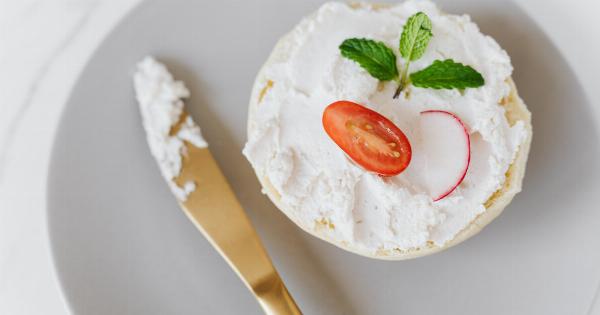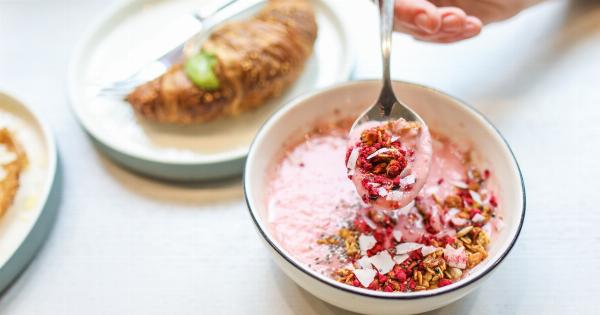Tea is one of the most popular beverages in the world. It is enjoyed by people of all ages and in different forms. While some people prefer to drink tea without any additives, others like to add milk to it.
However, adding milk to tea may not be the best choice for everyone. In this article, we will explore the reasons why adding milk to tea may not be the best choice for you.
1. Masking the flavour of tea
The flavour of tea is unique and varies according to the type of tea you are drinking. Some teas have a fruity undertone, while others have a smoky or earthy flavour. When you add milk to tea, it can mask the flavour of tea and make it taste bland.
This is because the protein in milk can bind with the compounds in tea, and alter its flavour profile. As a result, you may not be able to enjoy the true taste of tea.
2. Reducing the health benefits of tea
Tea is known for its health benefits. It is rich in antioxidants and has anti-inflammatory properties. However, adding milk to tea can reduce its health benefits.
This is because the casein protein in milk can bind with the catechins in tea, which are responsible for its antioxidant properties. As a result, the antioxidant activity of tea can be reduced by up to 80% when you add milk to it. This means that you may not be able to enjoy the full health benefits of tea when you add milk to it.
3. Lactose intolerance
Lactose intolerance is a common condition in which people are unable to digest lactose, a sugar found in milk. If you are lactose intolerant and you add milk to tea, it can cause digestive problems such as bloating, gas and diarrhoea.
This can be uncomfortable and may prevent you from enjoying tea. Therefore, if you have lactose intolerance, it is best to avoid adding milk to tea.
4. Unhealthy fats in milk
Milk contains unhealthy fats such as saturated and trans fats. These fats can increase your cholesterol levels and increase your risk of heart disease.
If you add milk to tea on a regular basis, it can lead to a higher intake of unhealthy fats, which can be harmful to your health. Therefore, it is best to avoid adding milk to tea if you are looking to maintain a healthy diet.
5. Calcium absorption
Tea is known to contain compounds such as tannins, which can inhibit the absorption of calcium in the body.
While this is not a concern for most people, if you are someone who relies on tea as a main source of hydration, it can affect your calcium intake. When you add milk to tea, it can help to counteract this effect and promote calcium absorption. However, if you have a balanced diet, this is not a major concern.
6. Teeth staining
Tea contains pigments that can stain your teeth, especially if you drink it on a regular basis. When you add milk to tea, it can reduce the staining effect of tea and prevent your teeth from becoming discoloured.
However, if you are someone who is concerned about the appearance of your teeth, it is best to avoid drinking tea altogether rather than relying on milk to prevent staining.
7. Compatibility with certain teas
Not all teas are compatible with milk. For instance, green tea has a delicate flavour and adding milk to it can ruin its flavour. On the other hand, black tea can taste better with milk, especially when brewed strong.
Therefore, it is important to experiment with different teas and additives to find the combination that works best for you.
8. Cultural significance
Tea is deeply rooted in many cultures and traditions. For instance, in Asian cultures, tea is often consumed without any additives. Therefore, adding milk to tea can go against cultural norms and traditions.
If you want to appreciate tea in its true essence, it is best to enjoy it without any additives.
9. Personal preference
At the end of the day, whether or not to add milk to tea boils down to personal preference. Some people prefer to drink tea without any additives, while others like to have it with milk and sugar.
However, it is important to be aware of the potential drawbacks of adding milk to tea and make an informed decision based on your health needs and personal preferences.
10. Alternatives to milk
If you want to enjoy tea with an additive but do not want to add milk, there are many alternatives available. For instance, you can try adding honey, lemon, cinnamon or ginger to tea for a flavour boost.
These additives can also provide health benefits and are a great alternative to milk.
Overall, whether or not to add milk to tea is a personal choice. However, it is important to be aware of the potential drawbacks of adding milk and make an informed decision based on your health needs and personal preferences.






























